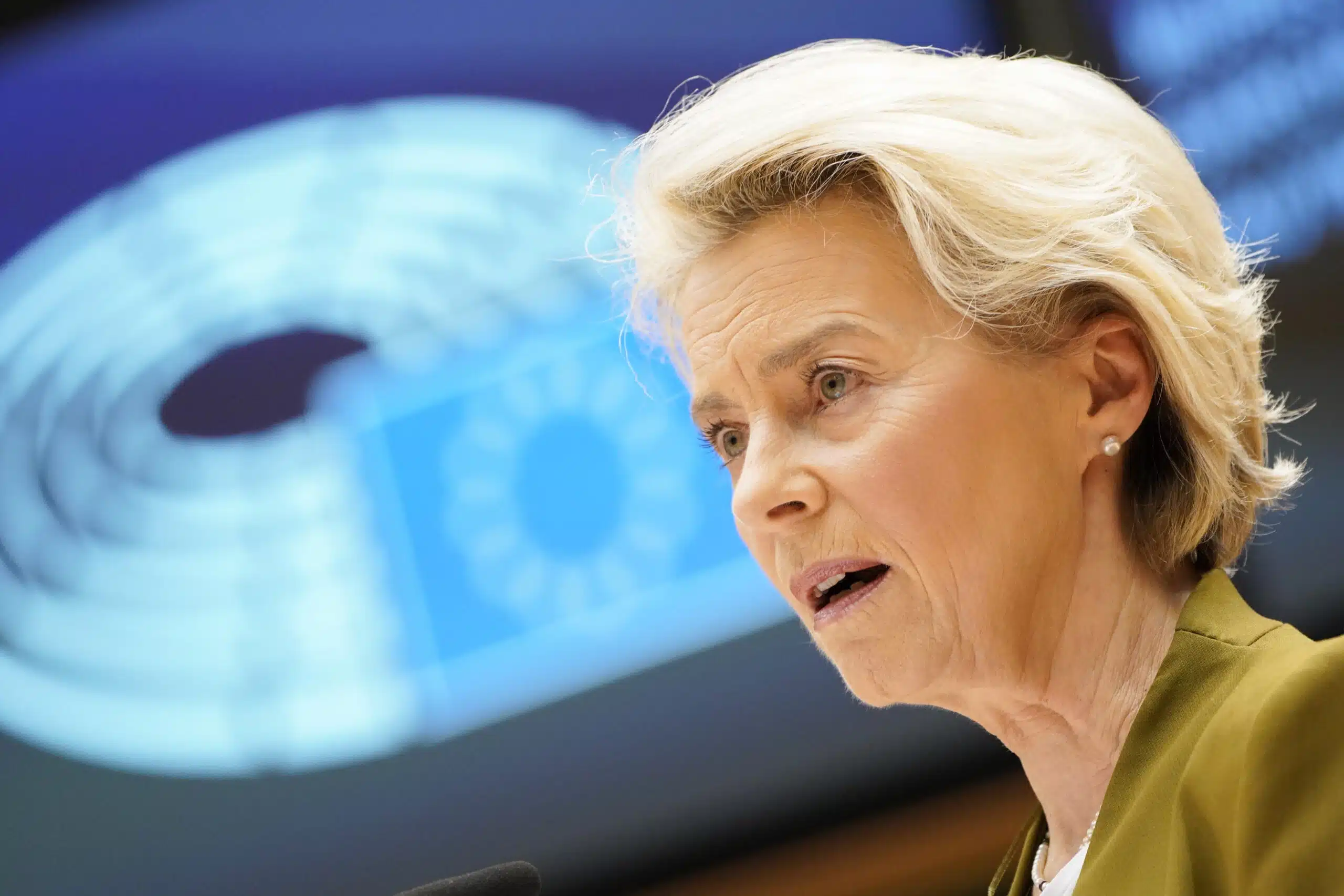Brussels – Turning the green transition into a new business model: The president of the European Commission, Ursula von der Leyen, will formally launch the first EU Strategic Dialogue on the Future of Agriculture tomorrow, which will be chaired by German Professor Peter Strohschneider and attended by several industry organizations.
“It is clear that we need to take action for the future of the European agri-food sector and make sure that it remains competitive but with adequate income for farmers and businesses along the chain,” stressed European Commission Vice-President for the Green Deal, Maros Sefcovic, presenting today (Jan. 24) the initiative at a hearing in the Committee on Agriculture and Rural Development (AGRI) of the European Parliament.
The point in Parliament comes after the vice president went yesterday to the EU Agriculture Council to discuss it with relevant ministries. “Many ministers have raised the issue of being able to strike a balance between agricultural competitiveness and planetary limits, asking for concrete measures and tools,” the vice president summarized, calling the dialogue “timely and necessary,” from which the commission hopes to draw a “new consensus.” According to Sefcovic’s indications, the debate will start on Thursday and conclude this summer, with meetings every 4-6 weeks and a portal to gather input.
The first results of the Dialogue should come in September, thus after the European elections (June 6-9) and in time for the start of the new institutional cycle. Sefcovic recalled that leading the Dialogue in the coming months will be German Professor Peter Strohschneider, who will “regularly brief” the EU Parliament, as well as the college of commissioners and the council. Sefcovic emphasized again that during the Dialogue the issue of how to transform “this transition into a true development model” will be addressed. 
The discussion between farmers, cooperatives, agricultural businesses, nongovernmental organizations, and civil society representatives, an EU source tells Eunews, will serve to focus on challenges and opportunities for the supply chain, such as income for farmers and rural communities, supporting agriculture “within the confines of our planet” and its ecosystems, harnessing the enormous opportunities offered by knowledge and technological innovation, and promoting a prosperous future for the EU food system in a competitive world.
The vice president started off the committee by talking about the protests by farmers and trade associations that are igniting various countries in Europe, from Germany to France to Poland. “We need to do more than what we have been doing. We are proud of what the industry is doing in terms of food security and the massive contribution to the European economy and the twin, green and digital transition,” he added. 
Just this morning, more than a hundred protesters occupied the square in front of the European Parliament against fuel taxes and some of the European Union’s agricultural policies. At the centre of the protests was “the increase in taxes on tractor fuel in France, as in Germany,” but also the fact that European institutions “continue to import agricultural goods from third countries that do not have the same environmental restrictions that we have in the EU,” one of the protesters, belonging to the French farmers’ agricultural union, Rural Coordination, recognizable by his yellow vest, explained to Eunews. “We can’t compete with that, we keep losing money.”
On the reasons why French farmers, mainly from northern and eastern France, are going to protest all the way to Brussels, he adds that “we are here because the French government, in response to our demands, tells us that decisions come from Brussels” .
English version by the Translation Service of Withub


![Il commissario per l'Economia, Paolo Gentiloni, in audizione in commissione Affari economici [Bruxelles, 11 gennaio 2024]](https://www.eunews.it/wp-content/uploads/2024/01/gentiloni240111-350x250.png.webp)




